Supporting Latino/Hispanic Ministry for 31 Years
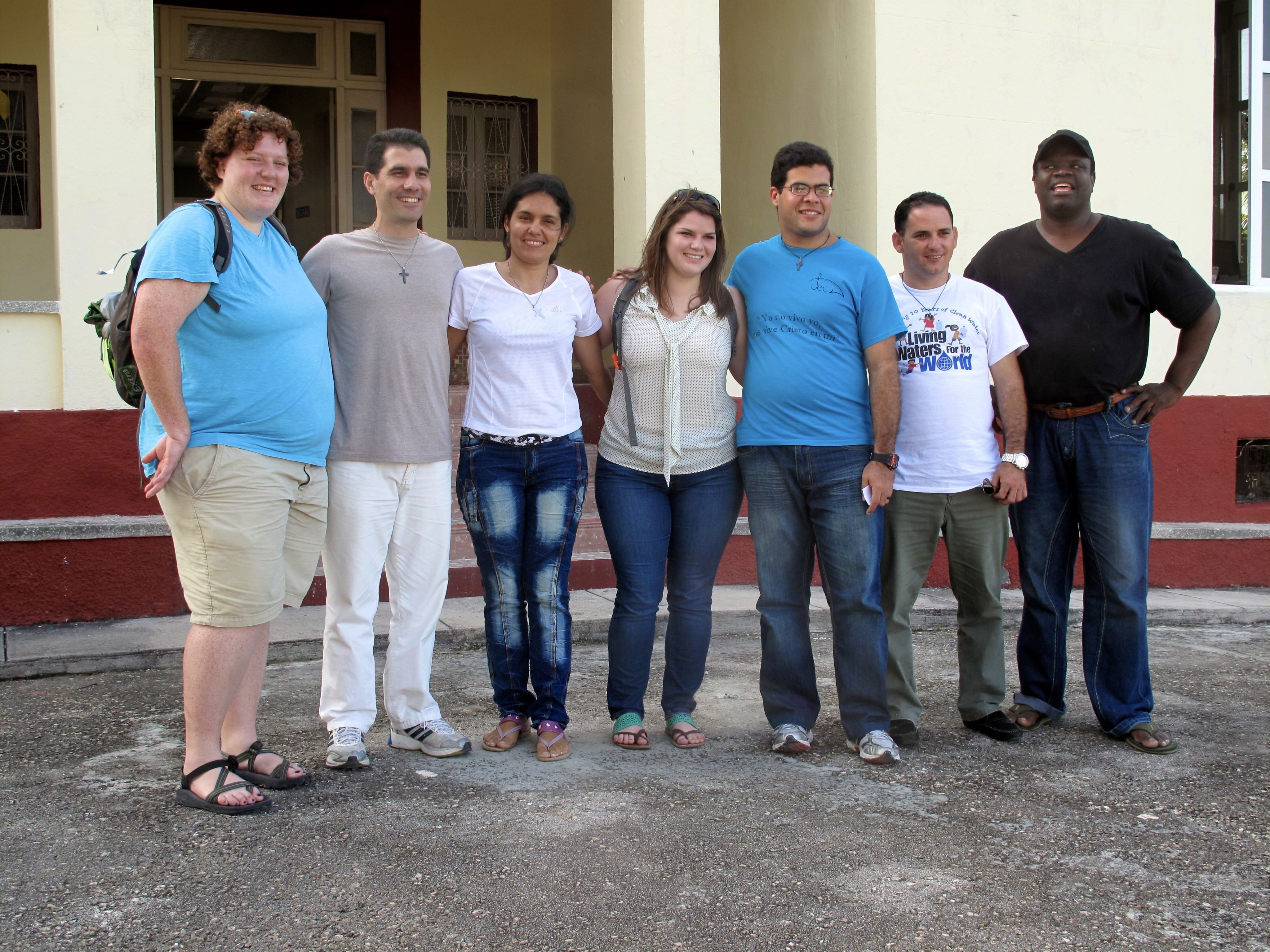
WHEN ASKED ABOUT the future of Latino/Hispanic ministry in The Episcopal Church, seminarian Yuri Rodriguez, T’23, remarked, “The Episcopal Church has been asking the question of how to reach out to the Latinx* community in the United States ever since the Lambeth Conference resolved in 1958 that ‘South America’ represented a challenge and an opportunity for evangelistic work. While there have been many efforts to understand the culture, and to understand the demographics and historiography of the Latinx community, the truth is that Latinx ministries continue functioning in the margins of the work of ministry of The Episcopal Church.” (*Rodriguez prefers the gender-neutral term Latinx.)
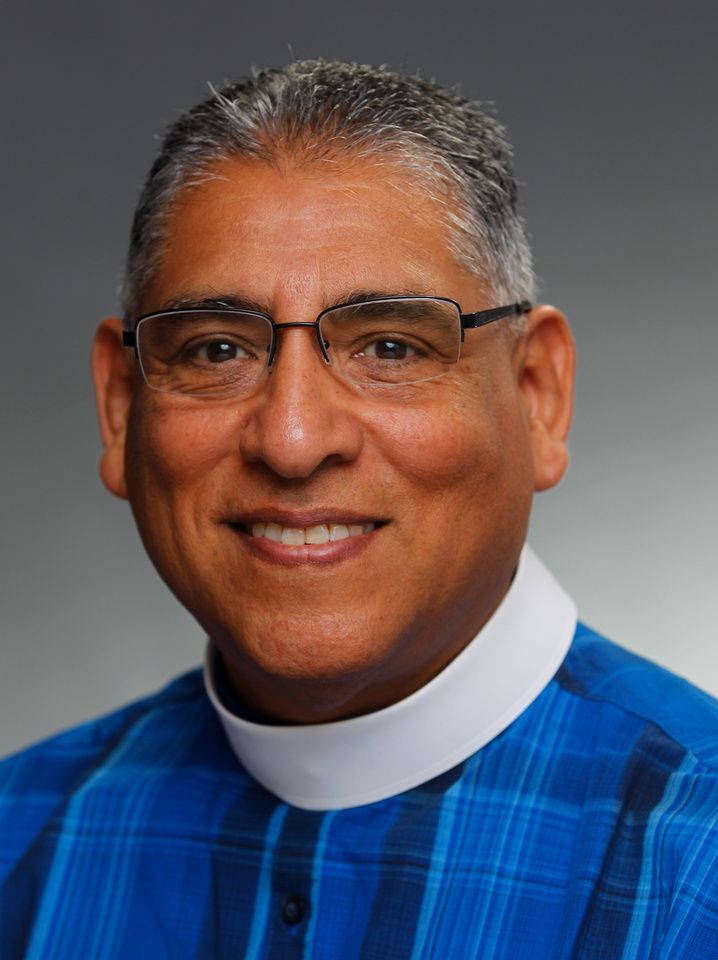
Anthony Guillén
Anthony Guillén
Yet, the reality of the world outside The Episcopal Church is a growing and thriving Latino population within the United States. Director for Ethnic Ministries for The Episcopal Church and Missioner for Latino/Hispanic Ministries, the Rev. Canon Anthony Guillén, noted, “The future of this country is that by 2060, one out of every three Americans will be Latino. And if the church is to be around then, the church needs to be prepared for an influx of Latinos. The only way they’re going to come, however, is if we reach out to them.”
“I think the great majority of The Episcopal Church continues approaching Latinx people only as immigrants in need of charity. When in reality, the great majority of Latinx people are now in the second and third generations, born in the United States, and for whom, the great need is radical solidarity, freedom, and dignity,” added Rodriguez.
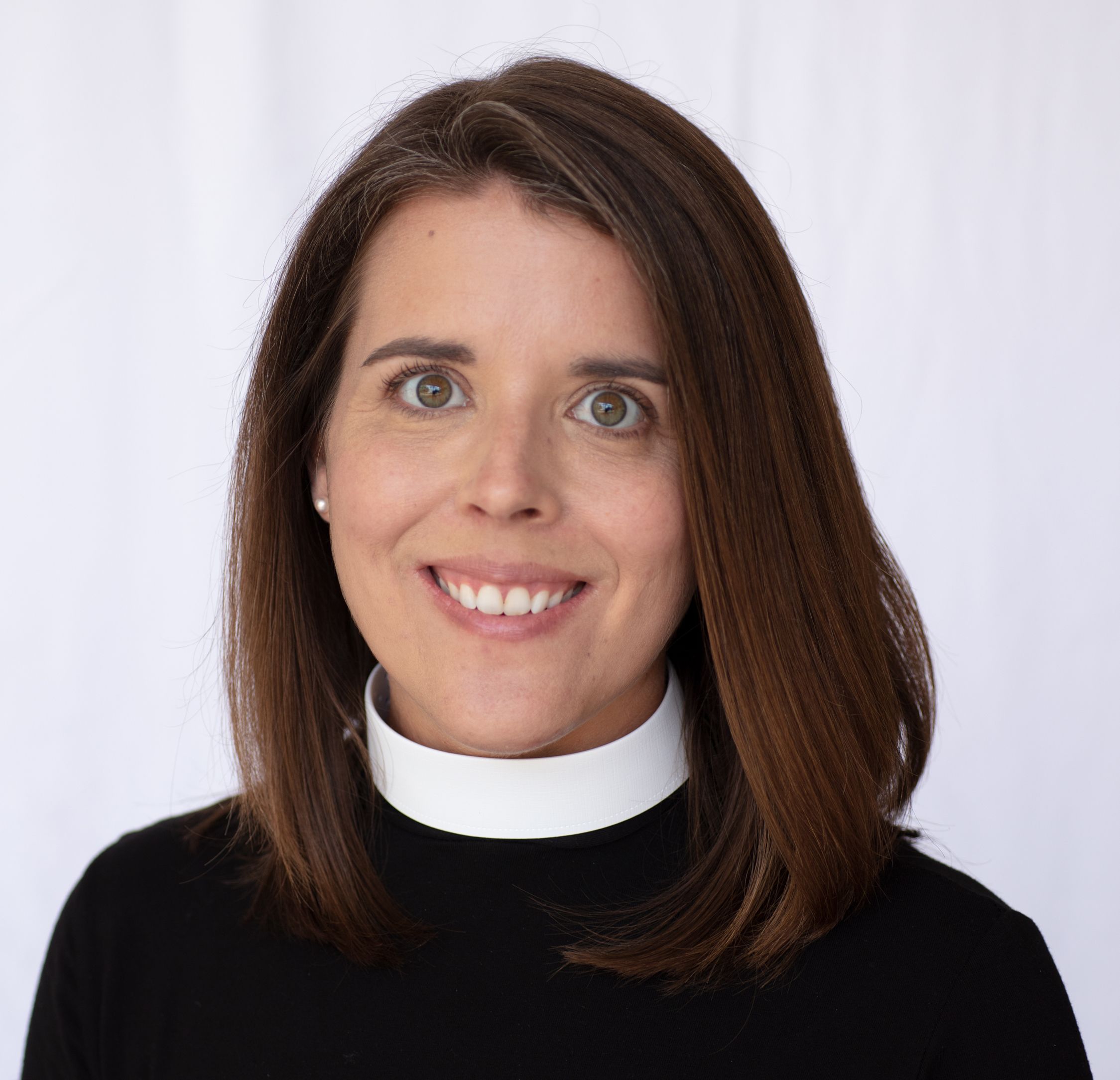
Leigh Preston
Leigh Preston
The School of Theology’s commitment to this expansive vision is reflected in its long-running program in pastoral Spanish and Latino/Hispanic ministry, now in its 31st year. The Rev. Leigh Preston, the School of Theology’s instructor in pastoral Spanish and Latino/Hispanic Ministry and the chapel liaison for Spanish worship, now leads that charge.
Preston has been active in this area on a Churchwide level for many years, and recently completed a three-year term on the Council of Advice for the Office of Latino/Hispanic Ministries. She remarks, “Through this work, I have seen the tremendous opportunities for growth in Latino/Hispanic ministries and for the formation of multilingual, multi-generational, and multicultural communities of faith. It is clear that there is not a one-size-fits-all model for Latino/Hispanic ministry, and that the Church needs leaders who can serve with creativity and faithfulness in diverse contexts.”
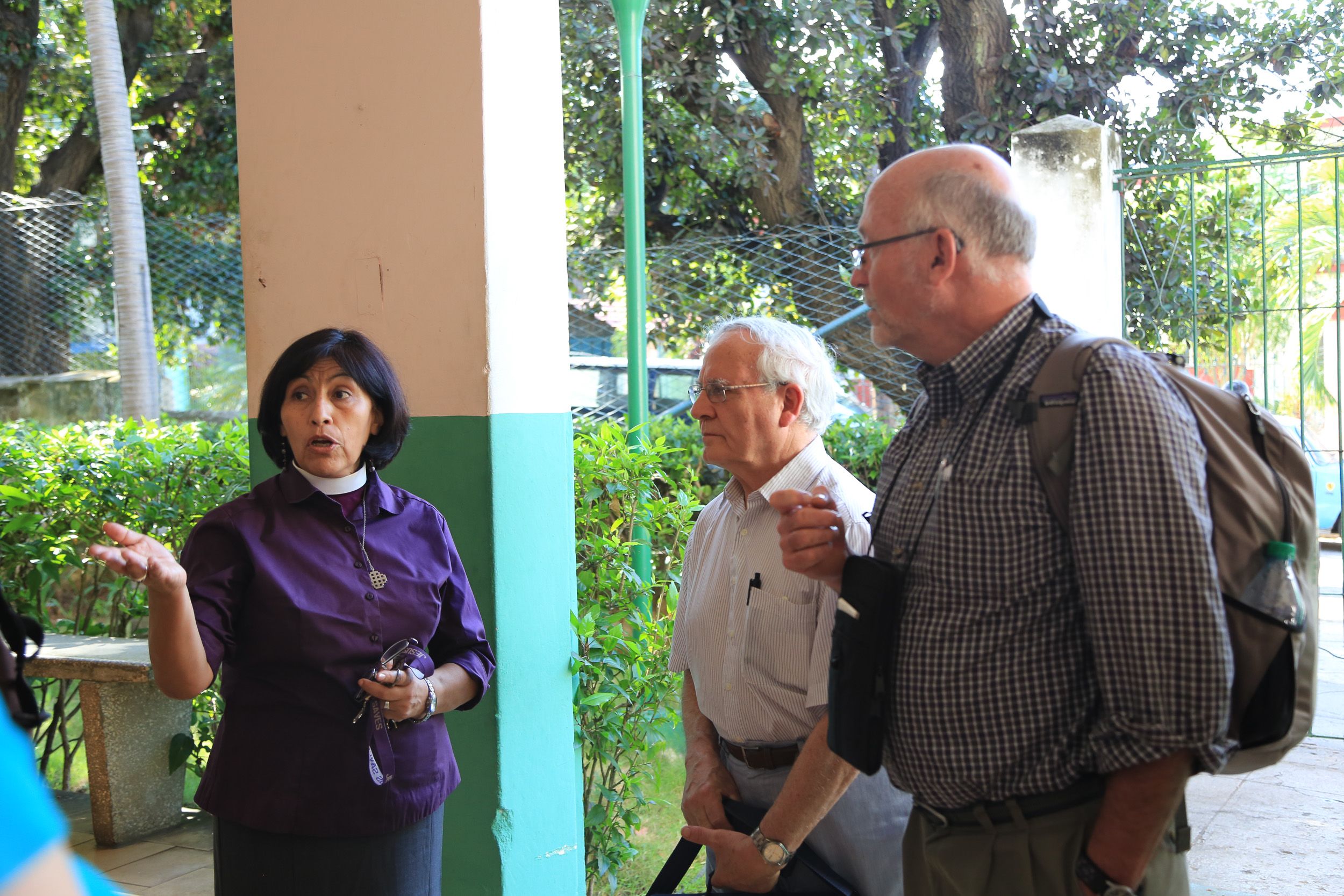
John Solomon (far right) speaks with Cuba Bishop Griselda Delgado del Carpio during a School trip.
John Solomon (far right) speaks with Cuba Bishop Griselda Delgado del Carpio during a School trip.
Though the seminary’s Latino/Hispanic program was initiated by Maria Lytle as a Spanish language program in 1991, the School of Theology’s commitment to diverse ministry has led it to invest in growing this program, bringing on John Solomon to reinvigorate it in 2008. “When I arrived, it was more of a building process to make the program successful. The goal was really just to prepare seminarians to be comfortable with the liturgy, the cultures, and to be comfortable communicating in Spanish,” said Solomon. Though the program’s numbers were small at first, it grew quickly during Solomon’s tenure, which spanned nine years. During that time, Solomon not only expanded the language components of the program, but began to create relationships within the church, eventually taking groups of students to visit the Seminario Evangélico de Teología in Matanzas, Cuba, and to Our Little Roses in San Pedro Sula, Honduras.
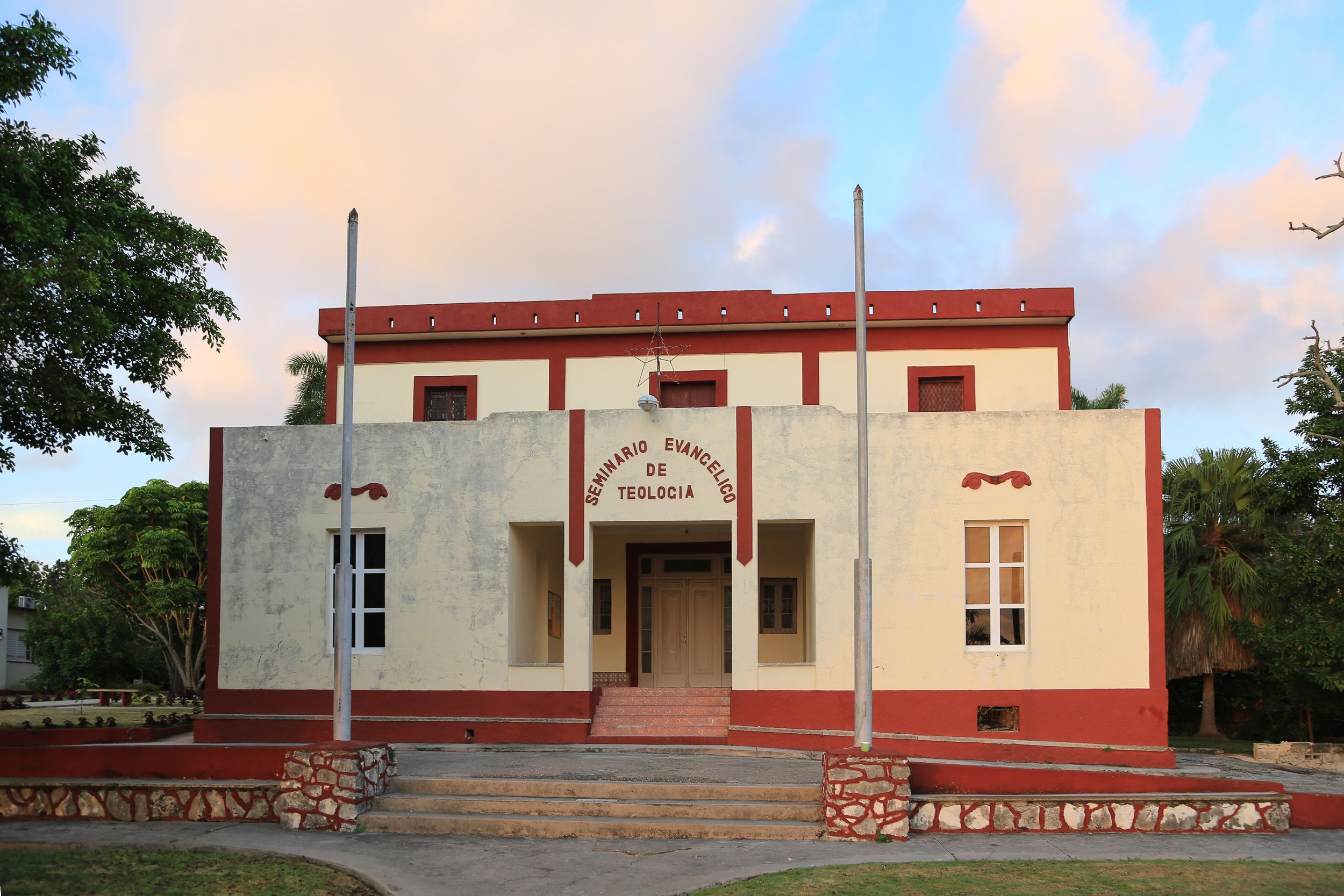
Seminario Evangélico de Teología
Seminario Evangélico de Teología
AFTER SOLOMON'S RETIREMENT in 2017, Preston assumed his role and has continued to expand the program beyond the Spanish language and offer classes centered on Latino/Hispanic culture and ministry. “Latino/Hispanic ministry does not simply mean ministry in Spanish,” Preston emphasized. “We talk about the nuance of culture, language, and generational differences among the Latinx* population.” She has added classes in Latino theology and liturgy. As she explains, “I’m trying to go beyond linguistic proficiency to have cultural competency and theological foundations for ministry in Latinx contexts.” (*Preston is using the gender-neutral term Latinx.)
Guillén agreed, “I try to challenge people on the assumptions they have about who Latinos are. One of the things I emphasize is that Latino ministry does not mean Spanish language ministry. Two-thirds of us were either born here or came here as children and we are fully bilingual and fully bicultural. Therefore, there is little excuse for people in church to not consider welcoming and inviting Latinos into their parish community. People make assumptions about who we are based on very old notions.”
“We talk about the nuance of culture, language, and generational differences among the Latinx population.”
Yet, these “very old notions” are ones which must change, as Latino individuals become an ever-larger portion of the U.S. population. Therefore, it is necessary that those wishing to be in radical solidarity with people of color in the U.S. not only anticipate this change, but educate themselves on cultures other than their own. Guillén’s work on the Churchwide level includes the creation of these formation opportunities for clergy, laity, and seminarians alike. “One way we connect people is through the seminaries and institutions of higher learning, diocesan programs through education formation, and the various institutions of the Church to help all of them understand the urgent need to prepare all people to embrace a multicultural future of the Church,” stated Guillén.
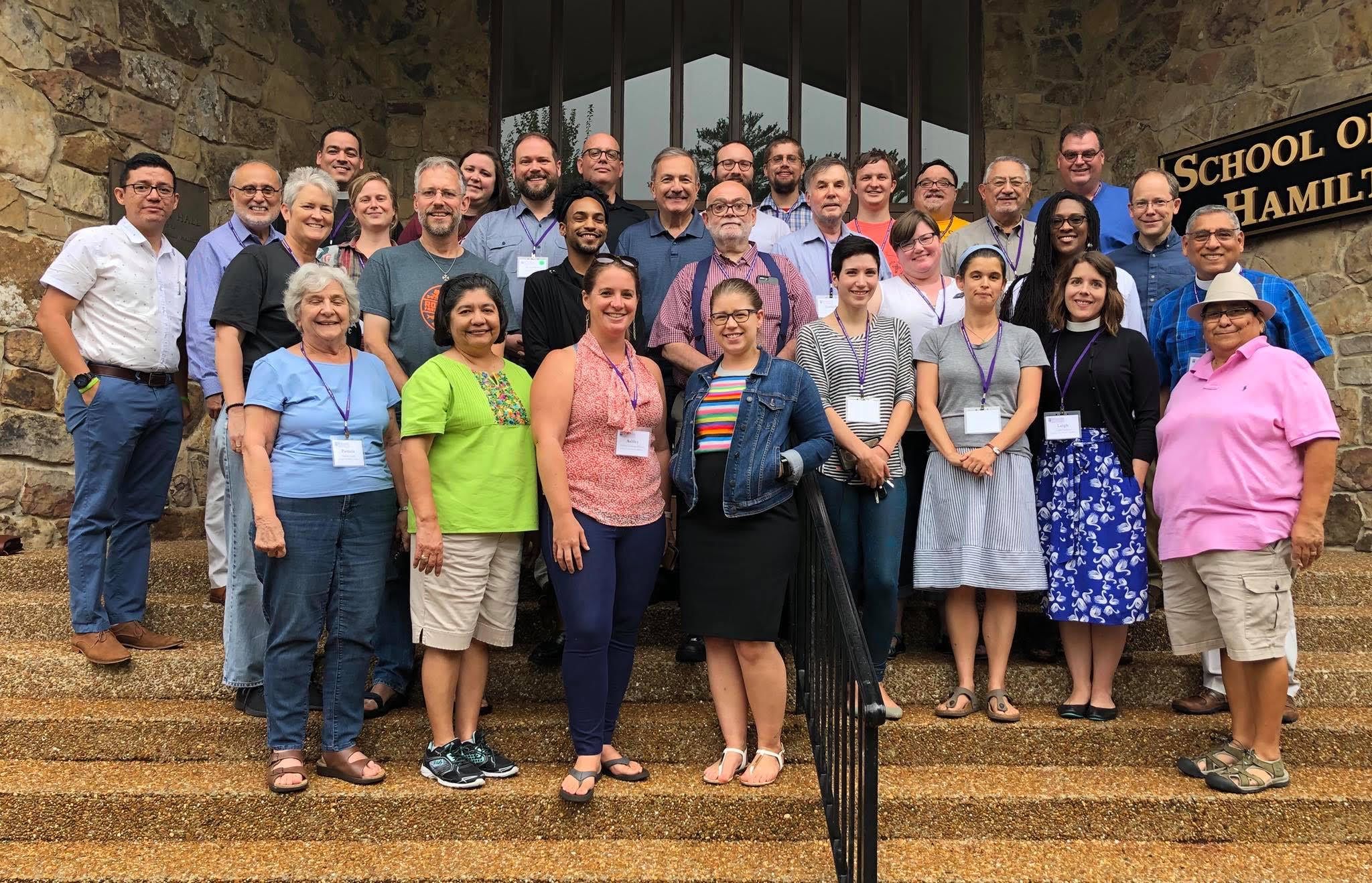
Participants of a past Episcopal Latino Ministry Competency Course (ELMC) stand in front of Hamilton Hall.
Participants of a past Episcopal Latino Ministry Competency Course (ELMC) stand in front of Hamilton Hall.
Another way this change has been reflected in Sewanee’s own curriculum is through the addition of the Episcopal Latino Ministry Competency Course (ELMC), which is offered by the Office of Latino/Hispanic Ministries and hosted by the School of Theology every August. ELMC is a week-long intensive course designed to provide theoretical background and practical tools for Latino/Hispanic ministry. Through classroom presentations and site visits, participants learn about the history and demographics of Latinos/as in the United States, different models of Latino/Hispanic ministry, liturgical celebrations and spiritual practices, immigration issues, and more. The School of Theology has had 33 students complete the course since 2018.
In addition to this coursework, Sewanee provides a robust Spanish worship experience, offering Spanish evening prayer weekly, Spanish Eucharist every other week, and a bilingual principal Eucharist once per semester. These services also now include music provided by El Coro, the Spanish-language choir created and led by Rodriguez.
During the past five years, students have spent their summers in Cuba, Puerto Rico, Honduras, and Spain.
Even though the seminary is located in Tennessee, Preston has worked to remedy that distance challenge by bringing global connections to Sewanee. She has invited many guest preachers and presenters over the past several years, including the Rev. Canon Anthony Guillén, the Rev. Al Rodriguez, the Rev. Alex Montes-Vela, the Rev. Nancy Frausto, the Rev. Francisco García, and the Rev. Canon David Chávez. She also helps students coordinate immersion experiences in Spanish-speaking countries. During the past five years, students have spent their summers in Cuba, Puerto Rico, Honduras, and Spain. Additionally, Preston has strengthened the relationship between the School of Theology and undergraduate Latino students by collaborating with All Saints’ Chapel and H.O.L.A. (Hispanic Organization for Latinx Awareness) to offer university-wide liturgical celebrations for occasions such as Día de los Muertos and the Feast of Our Lady of Guadalupe.
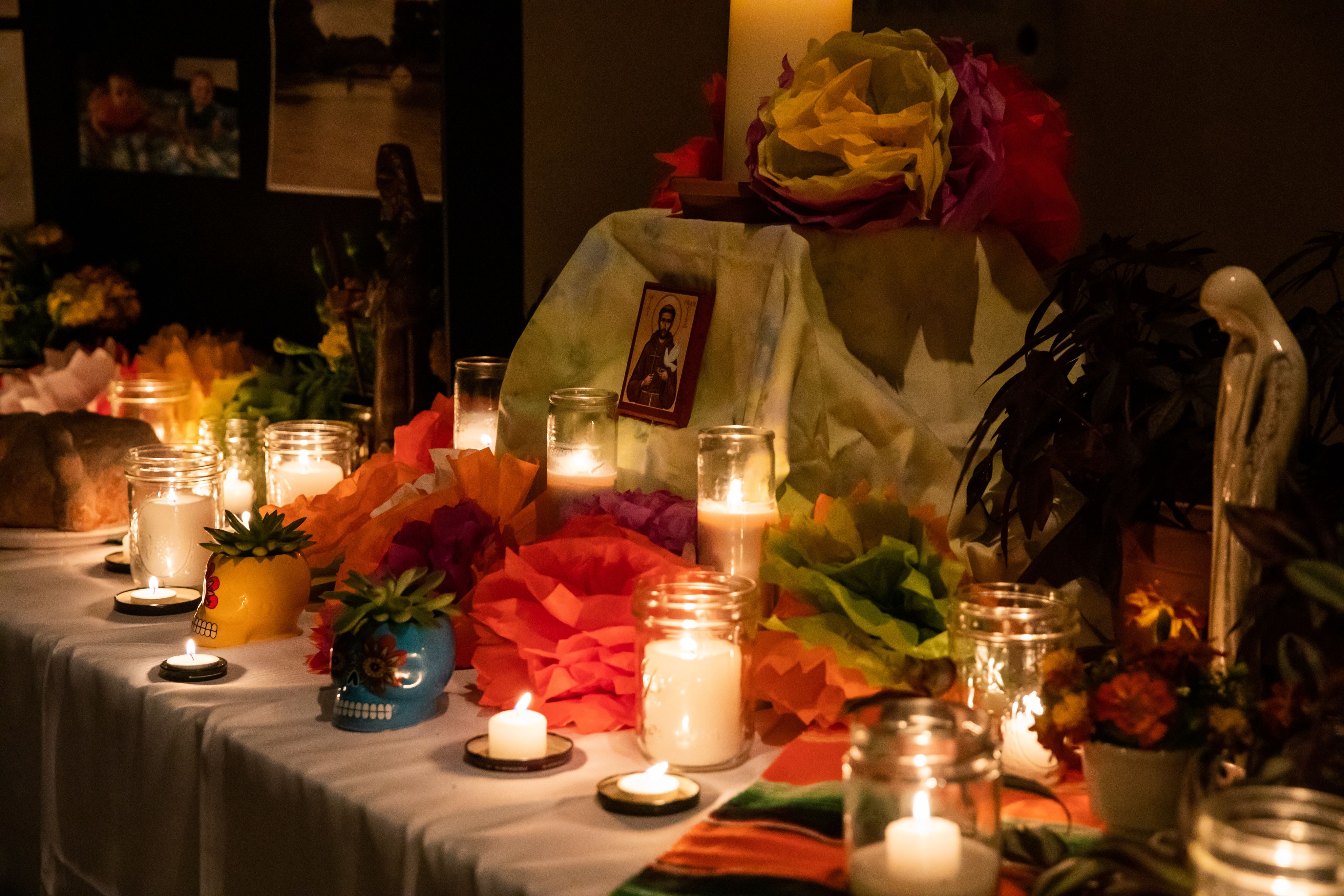
Dia de los Muertos
Dia de los Muertos
“I want to continue building these relationships across campus, strengthening connections between seminarians and college students, and facilitating opportunities for ministry and leadership development,” remarked Preston. “I also hope to work toward increased diversity at the School of Theology and to help make it a more welcoming community for Latinx students.”
“Becoming a seminarian at the School of Theology has been the most liberative experience I have had,” Rodriguez said. “The commitment of the School to support me and my children is providing us with the best chances we have ever had to participate in our own liberation and continue working towards living a life that is lived with dignity. I have taken classes with professors who have guided me to learn theology, history and spirituality in the Anglican Tradition, but who have also given me the opportunity to create a conversation between that tradition and my own Latin American culture. As a result, I am being formed not only to serve a traditional Anglican congregation, but I am also learning ways to make connections that will help The Episcopal Church reach out to our Latinx neighbors.”
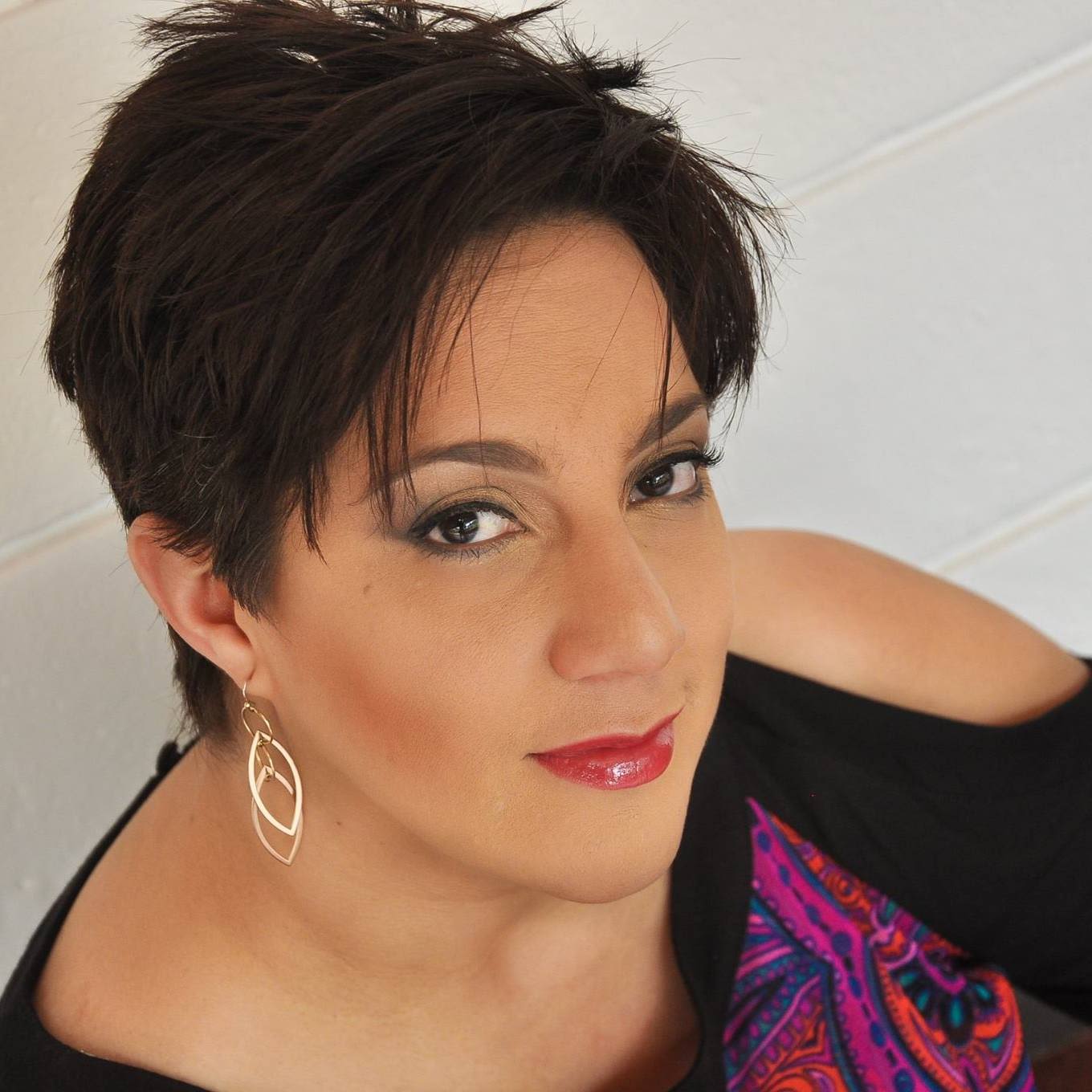
Yuri Rodriguez
Yuri Rodriguez
“What I see for the future is that the School of Theology will continue to develop the program and expand it to become an even more integral part of seminary life,” remarked Guillén. “A person can come out of Sewanee with a really good foundation for Latino ministry, which is so badly needed. And, the School is one of the few that does that, but there is still a need to grow what is offered to students. Ideally, we would see in Sewanee’s future a required intensive or even semester long course that introduces all seminarians to demographics, mission possibilities, culture, spirituality, because there is hardly a seminarian who will graduate from Sewanee that when they go back to their diocese or parish that they will not be at some point confronted with the reality of Latinos in their community.”
The School of Theology showed a commitment to Latino/Hispanic ministries early on and it has been a continuous and growing program throughout the years.
“The School of Theology showed a commitment to Latino/Hispanic ministries early on and it has been a continuous and growing program throughout the years,” stated Solomon. “And, I think that shows the willingness and desire the seminary has to support Latino/Hispanic ministry within The Episcopal Church and to continue to grow and improve the program.”
It is this willingness and desire to improve and grow that is needed within the wider Church. In a religious context that so deeply values tradition, it can be difficult to meet rapid change with open arms. Yet, God’s call to us is not to maintain our own sense of what worship should be, but to go out and make disciples. This work, which has a strong foundation in Sewanee, will soon impact our churches, as well-equipped priests graduate and enter parishes ready to grow, ready to empower leaders, and ready to lift up new members of the Church.
